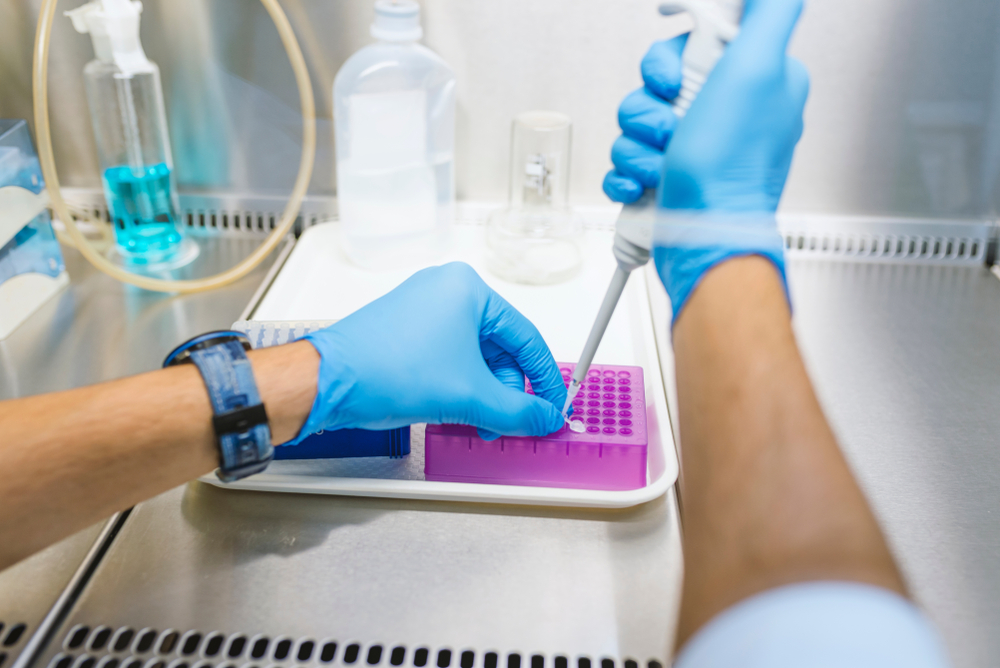For years, Cryostar has assisted labs in acquiring the best lab equipment for their work. Finding the right laboratory equipment isn’t just about being able to do your work. It’s also about keeping lab personnel safe, optimizing results, and ensuring consistent reliability.
Choosing the right fume hood for you lab can be overwhelming. Finding the right fume hood model is critical to keeping your workspace free from hazardous chemicals and vapors. Below, you’ll find a few of the most important considerations when looking for a fume hood for your lab.
But First – What is a Fume Hood?
The primary purpose of a fume hood is safety. Fume hoods prevent inhalation of toxic chemicals and vapors. Basically, it’s an closed-off area in which employees handle dangerous substances.
Additionally, it features a ventilation and exhaust system that eliminates the fumes. If dangerous chemicals don’t leave the area, the employees working in the lab can inhale them. As a result, toxins can enter the bloodstream. Usually, this has serious medical consequences. The fume hood is an effective device that prevents dangerous emergencies from occurring. It employs an exhaust system to drive the chemicals out of the laboratory.
Also, most fume hoods have a clear sliding window (called a sash) that serves as a barrier between the employee and the material. Should there be an accident or spill, there is no exposure that can injure the worker. As long as they’re wearing basic personal protective equipment, like gloves, there shouldn’t be any skin absorption of the substance.
There are many different fume hood designs for different operations. Regardless of the type of fume hood you are using, regular ANSI/ASRAE 110 testing and certification for your lab equipment is vital.
3 Considerations When Choosing a Fume Hood
1. What Kind of Work Are You Doing?
When looking for fume hoods, this is the best place to start. Take note of which chemicals you’ll use, as well as their concentrations. In addition, establish if you’ll use the chemicals individually or in a mixture. Certain chemicals, such as Hydrofluoric Acid, might need special filtration.
Next, identify the chemicals’ evaporation rates. These are critical, because solvents evaporate at different rates. If not acknowledged beforehand, they can overwhelm the fume hood. Basically, they can evaporate too quickly for the fume hood to ventilate. This will lead to vapors backing up and seeping into the lab. The right fume hood will ventilate the right chemical solvents. If you have the right fume hood, but it is not ventilating properly, you will need to seek lab equipment repair services immediately.
2. What Size Fume Hood Do You Need?
There a few important things to consider when figuring out the right size fume hood. First, do you plan on having equipment inside the fume hood? If so, how big (or small) is the equipment? If the equipment is of considerable size, then maybe a walk-in fume hood is your best option.
In addition, it’ll be important to note how many people will be working with the fume hood. Also, make sure the fume hood you select will have ample height clearance.
3. Installation & Operating Costs
Naturally, when it comes to any kind of lab equipment, some is more costly to install and operate than others. Some fume hoods have specific installation and maintenance expenses that others don’t. Therefore, when you’re searching for the right fume hood for your lab, it’s important to take these matters into consideration.
Establishing costs with your supplier in advance – filter replacements, installation, potential accessories, etc., will help you to decide which fume hood is best for your lab.
Conclusion – Cryostar Industries
At Cryostar, helping the scientific and medical communities operate to their highest potential has always been our passion. From lab care and maintenance to rentals, we’re here to help your lab succeed by any means necessary.
For more information on fume hoods, Cryostar or our services, contact us today!

| Call for Immediate Lab Services |
|---|
| Long Island, Nassau & Suffolk County Call: 516-333-4006 |
| The Bronx, Manhattan, Brooklyn, Queens, & Staten Island Call: 718-885-0833 |
| Albany & Southern New York State Call: 800-564-5513 |
| Piscataway, Northern & Central New Jersey Call: 800-564-5513 |
| Danbury Connecticut & Surrounding Areas Call: 203-748-7343 |
24/7 Emergency ServiceCall: 1-800-564-5513 |